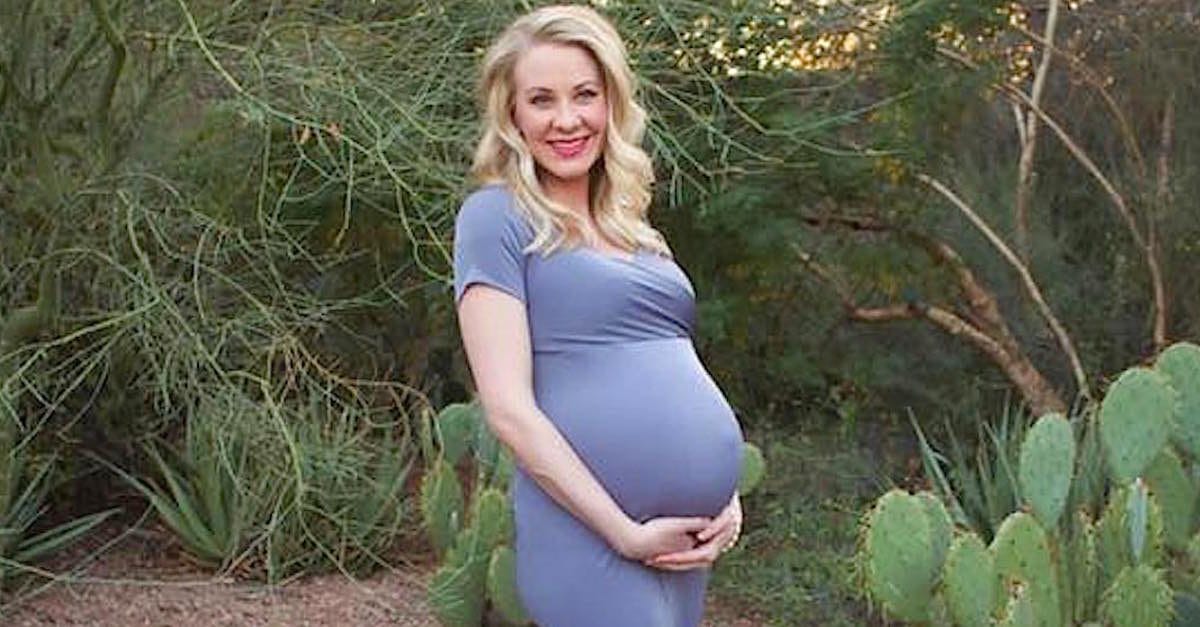In the low-down of millennial context, we examine and demystify the modernistic approach of ‘attachment parenting’.

Every parent loves their child and wants to shower them with all the love and attention they can. But Attachment Parenting takes things one step further, and there are arguments for both sides of this upbringing.
What is Attachment Parenting?
Essentially, it is a parenting type that focuses on the nurturing connection that parents develop with their children while they are still babies. Being close to a caregiver lets the infant feel emotionally safe and cared for. That nurturing connection is viewed as the ideal way to raise secure, independent and empathetic children who learn to trust and thrive if their needs have been consistently met since their earliest days.
This in turn is believed to better groom them for becoming independent adults in secure relationships in the future. According to medical research, children who do not experience this secure attachment early in life, usually suffer from insecurity and a lack of empathy, leading to unhealthy relationships in the future.
Attachment Parenting works around 8 basic principles:
- Eliminate all negative thoughts about pregnancy – the parent needs to be positive about his or her new role and the hard work involved in raising a child.
- Breastfeeding is the most natural way to bond and create a secure attachment with the baby and so breastfeeding is encouraged for as long as possible.
- Parents learn to understand their children and listen to them, responding with sensitivity and empathy, rather than anger and frustration. Parents are asked to consider all expressions of emotions, including tantrums, as forms of communication, which should not be punished or dismissed without making an effort to understand the cause of such emotions.
- Attachment parenting encourages as much ‘skin-to-skin’ touching as possible. Babies respond very positively to a caregiver’s nurturing touch, including baby massages for better bonding.
- Night time parenting is highly recommended to emotionally soothe the child, as long as the baby is co-sleeping in the same room as his or her parents, rather than sharing the bed. Parents need a good night’s rest too, if they want to be their best at work and at home the next day, otherwise burnout is more than guaranteed.
- Be present and be in the moment. Be a parent who is always there, providing constant, loving care.
- Practice positive discipline and model positive behaviour as a parent, rather than encourage negative behaviour of children. Treat situations with a suitable solution, rather than negatively disciplining or forcing the child to listen to you just because ‘you are the adult’.
- Create a good work-life balance, so that your child grows up in a strong family environment with a healthy lifestyle.

Some people argue that this kind of attachment parenting is not sustainable.
Does everyone agree with this form of parenting?
The flip side of Attachment Parenting argues that this sort of attachment is unsustainable and is actually more detrimental to the child in the long run, since they have never had to struggle for anything in their early years. The first signs of distress were always taken care of by the caregiver, thereby essentially rendering the child unable to fend for himself in hard times.
For example, some children still cannot put themselves to sleep even at the age of 5 or 6 years, as they are used to someone lying next to them, helping them fall asleep. Likewise, parents are cued in to respond to the first cry, but they never give themselves the chance to understand why the child is crying in the first place – each need has a different cry, but because they are so quick to ‘fix’ things, they never get to understand that by just listening to their child.
Likewise, while the principal of Attachment Parenting might be attractive, keeping the baby close to you at all times is not sustainable. Parents need to take care of themselves too and respond best after they have had some ‘time out’ too away from the baby, connected with their partner and had a full night’s sleep.
When children grow up seeing that parents are individuals too who need their own space, they will grow up into self-reliant, independent individuals, capable of taking care of themselves, rather than wait for someone to fix their problems.
Are you an attachment parent?
Like what you’re reading? Share your comment and join us on Facebook to keep up-to-date with all the latest news and events from Parents World. Share your parenting pics with us via Instagram#parentsworldsg.
Written for Parents World by Priyanka Elhence. Priyanka is a busy mom of 9 yr old twin boys. She writes on anything from lifestyle and dining to parenting and celebrity profiles.
The post What exactly is Attachment Parenting? appeared first on Parent's World.













You must be logged in to post a comment Login